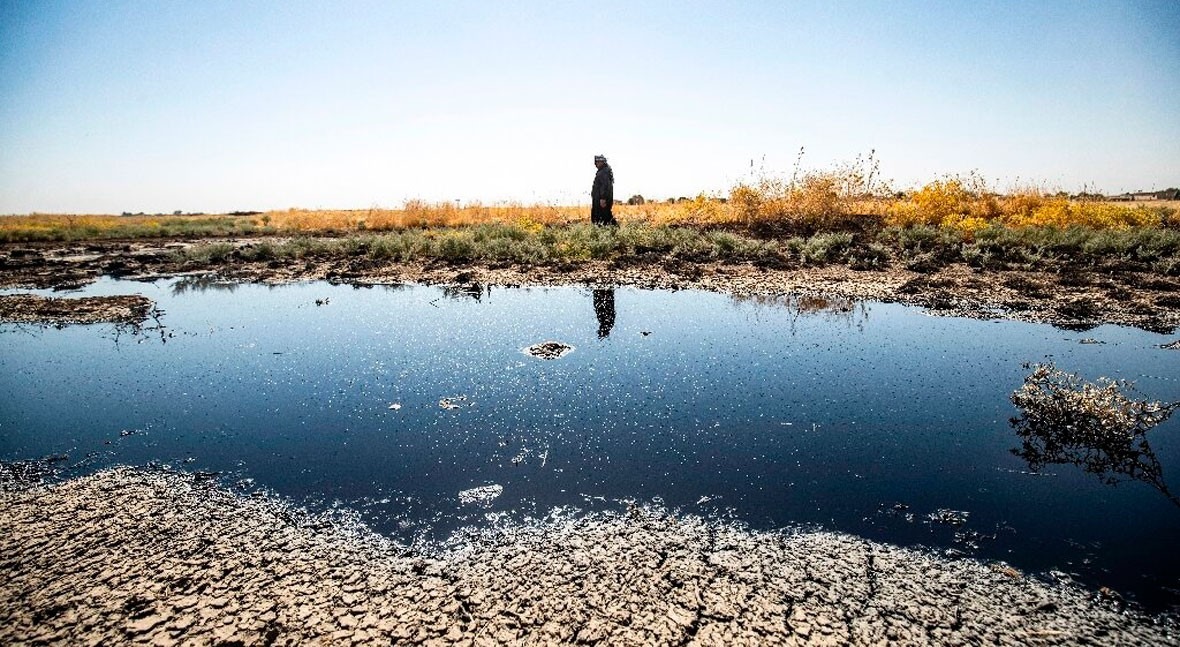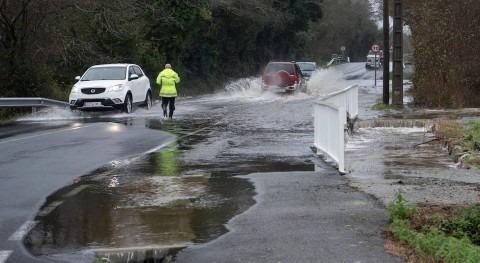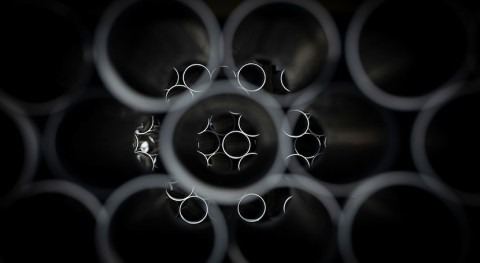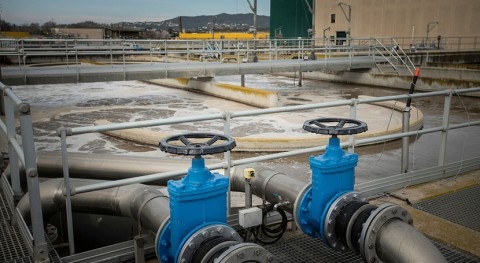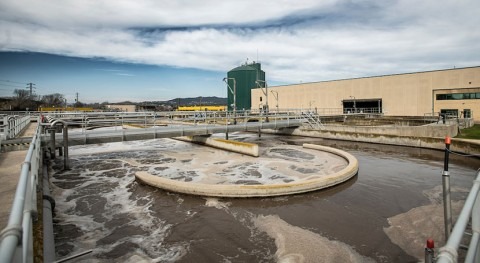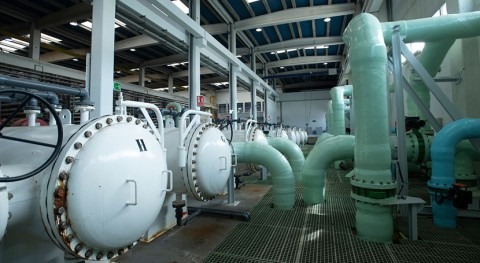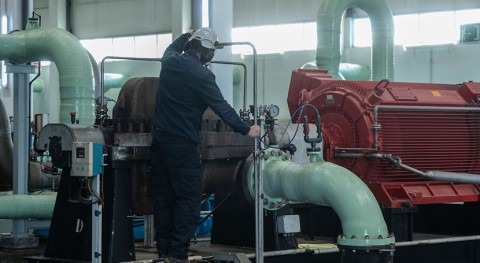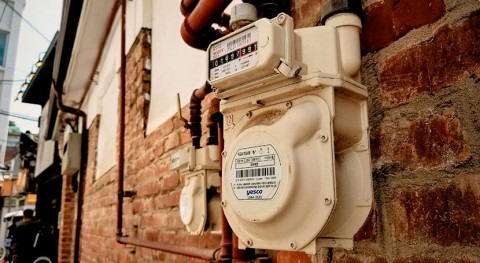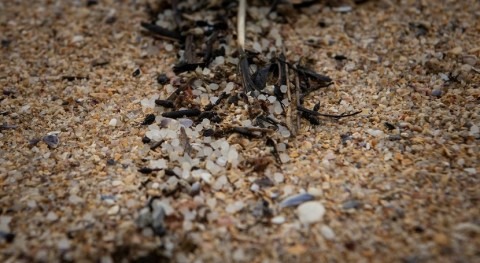Since the start of Syria’s civil war in 2011, oil pollution has been a concern, as contending powers competed to control oil fields and facilities suffered damages. A report by PAX, a Dutch NGO, highlights the problems caused by persistent pollution from an oil storage facility in the Rmeilan oil field, where oil leaks have contaminated creeks for the past five years, informs Phys.org.
In the north east corner of Syria, the Rmeilan oil field is one of the major centres of oil production in the country, located in the de facto Autonomous Administration of North and East Syria (NES), a region under the control of the Kurdish-led Syrian Democratic Forces (SDF). The Kurdish administration relies on oil as a source of revenue, but the years of conflict have damaged the capacity to store and refine the oil.
Meanwhile, oil pollution has taken a toll on the rural population in the area. Herders explain livestock die after drinking water contaminated with oil, while residents also suffer the effects of the pollution, including the odour of gas and crude oil. "We regularly have to take our children to the doctor to put them on a respirator because of the fumes," said local farmer Hasan Abdul Mahmoud. Moreover, seasonal flooding has a large impact on civilians, not only displacing families and affecting crops, but also resulting in the contamination of land from oil in the flood water.
In addition, makeshift informal refineries operate in the region, providing benzine, gasoline and diesel to the local market. Without proper waste management, they discharge oil waste into surface waters. Although the Autonomous Administration closed down thousands of them due to health and environmental concerns, many are still operational, where workers suffer from health problems due to exposure to oil and waste products through inhalation and skin contact.
The authorities are aware of the issues but find them difficult to address as it would require financial resources and expertise which they currently don’t have.

